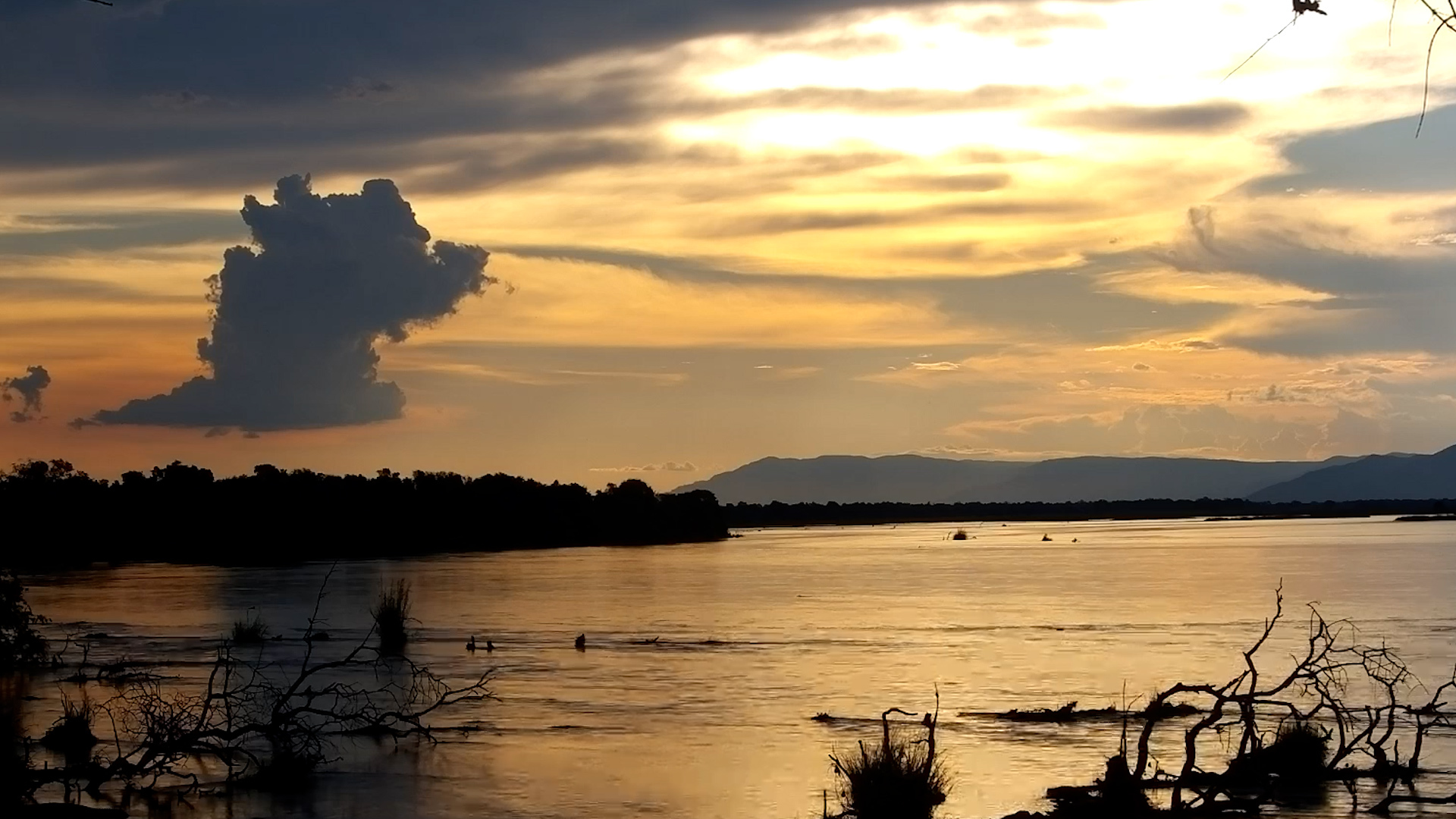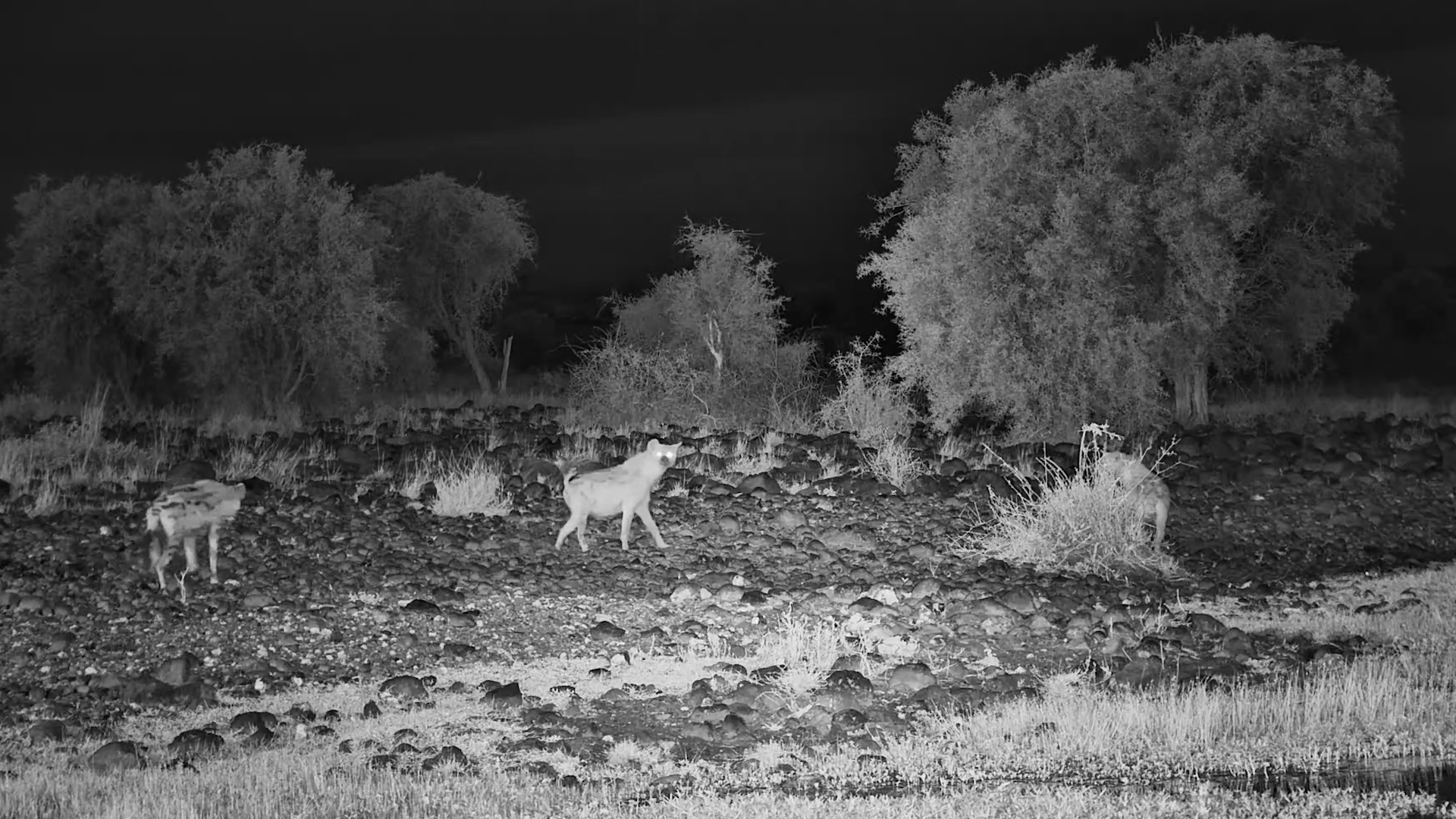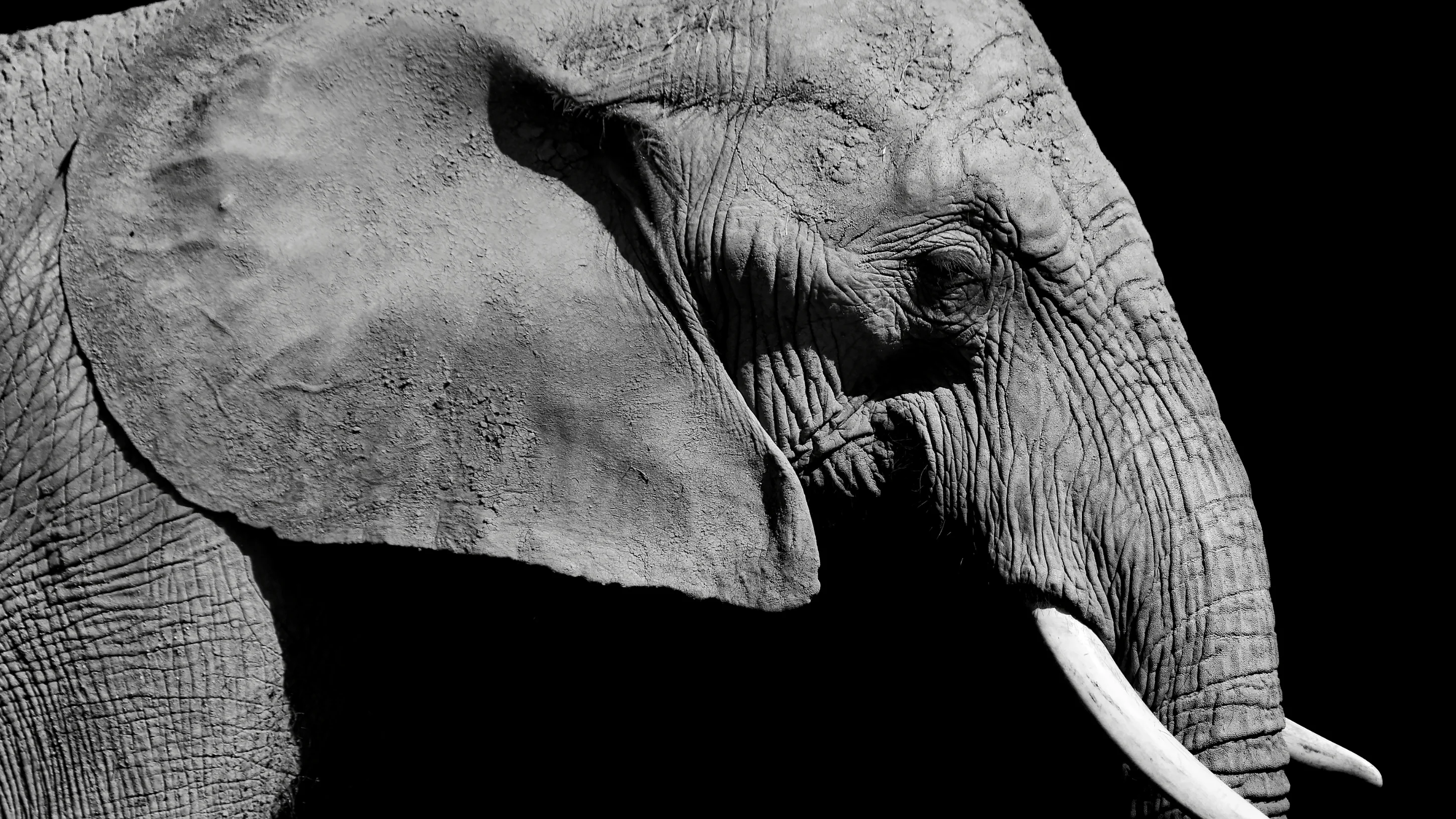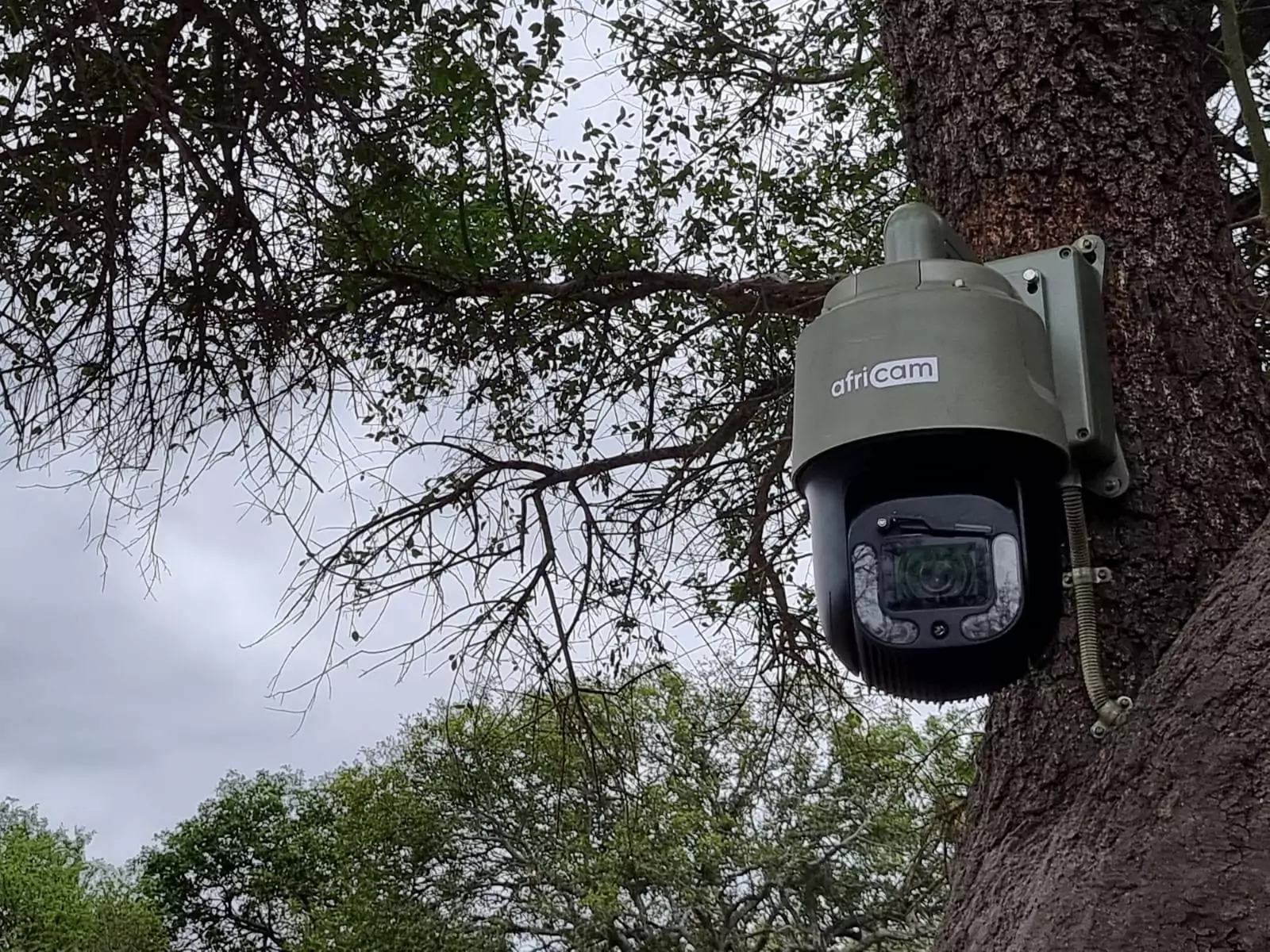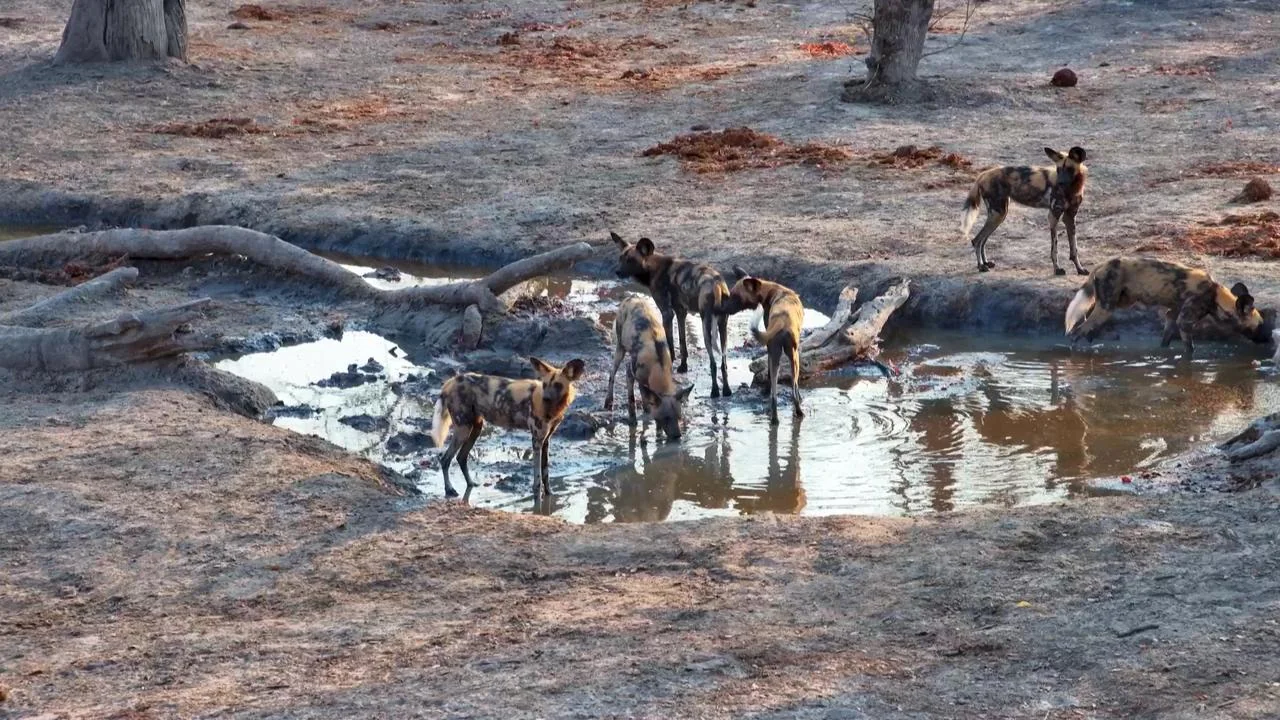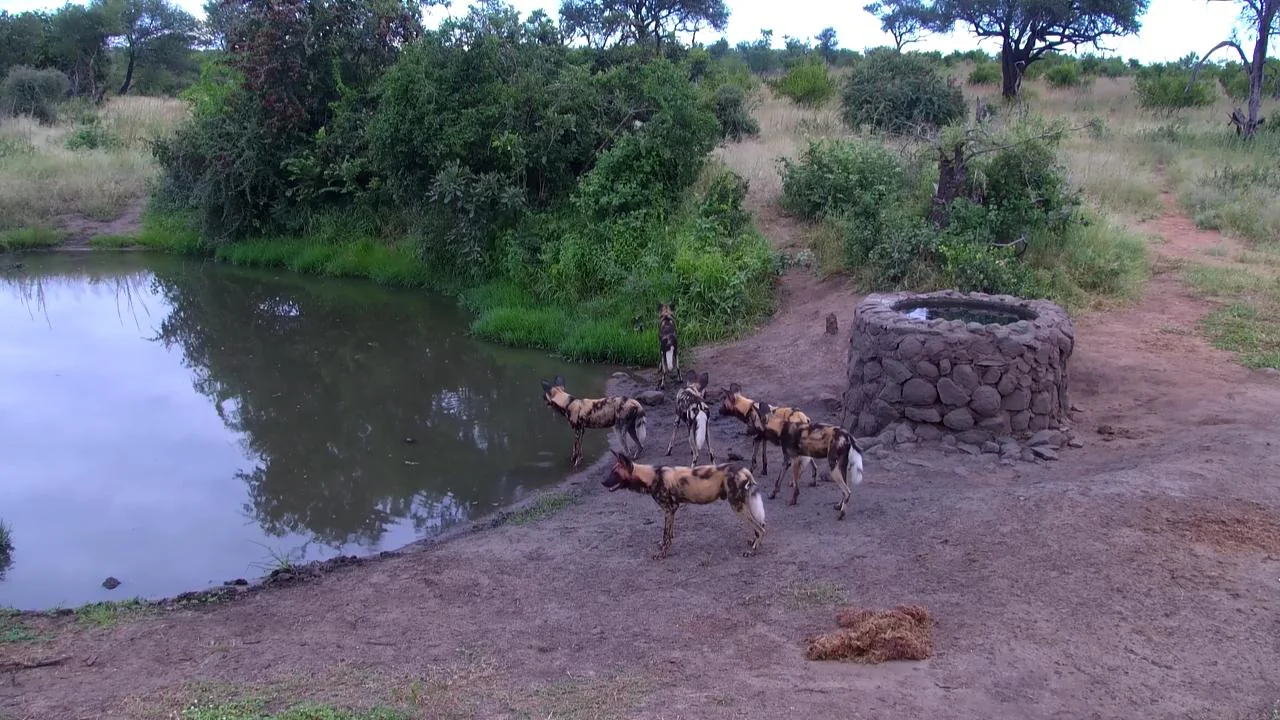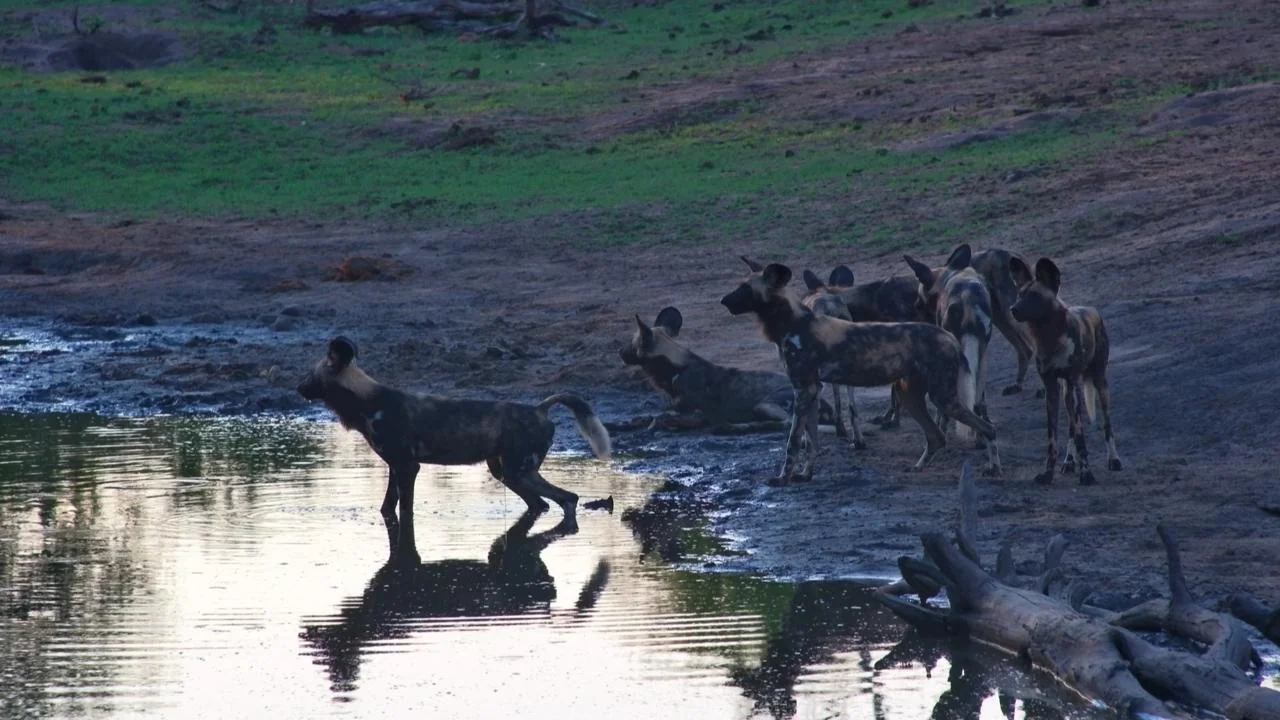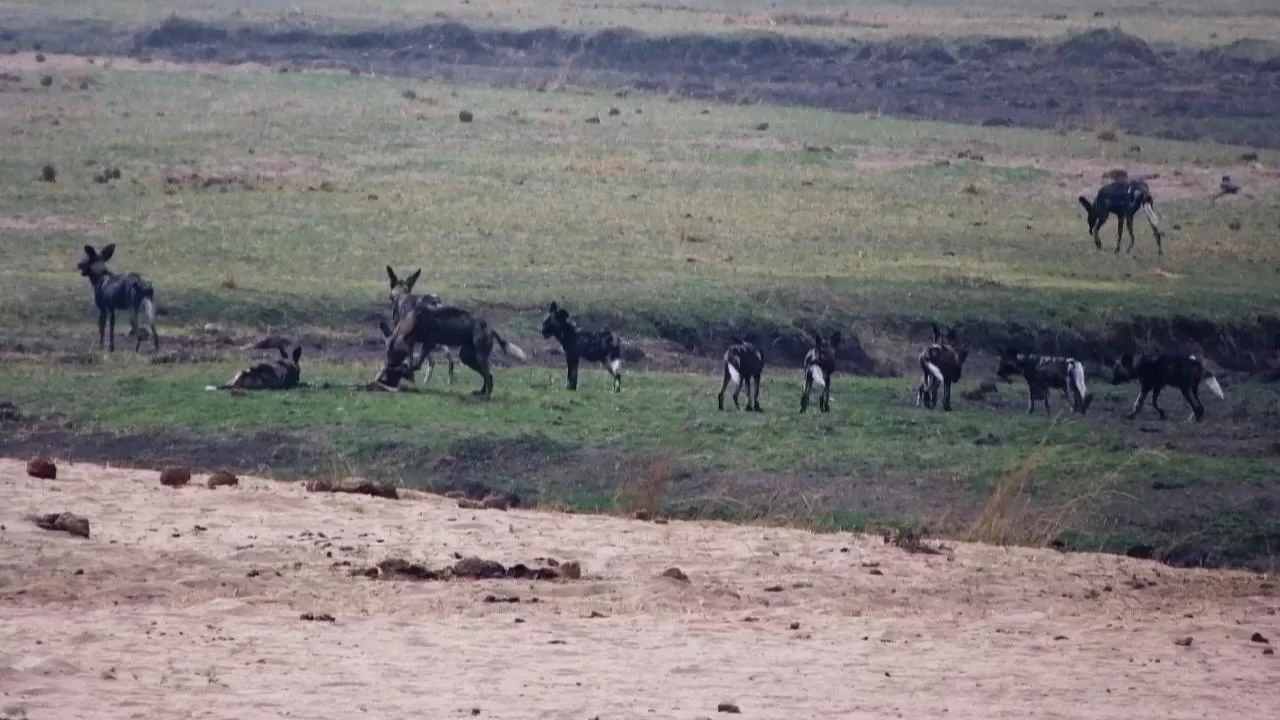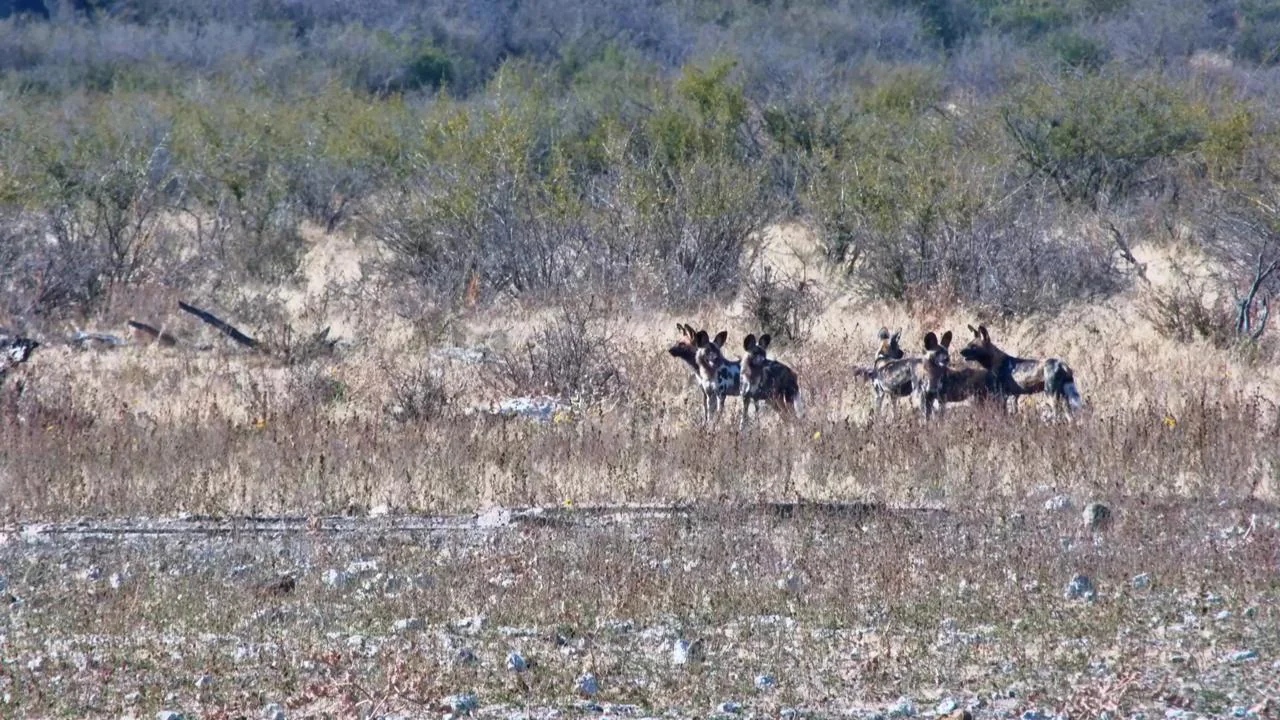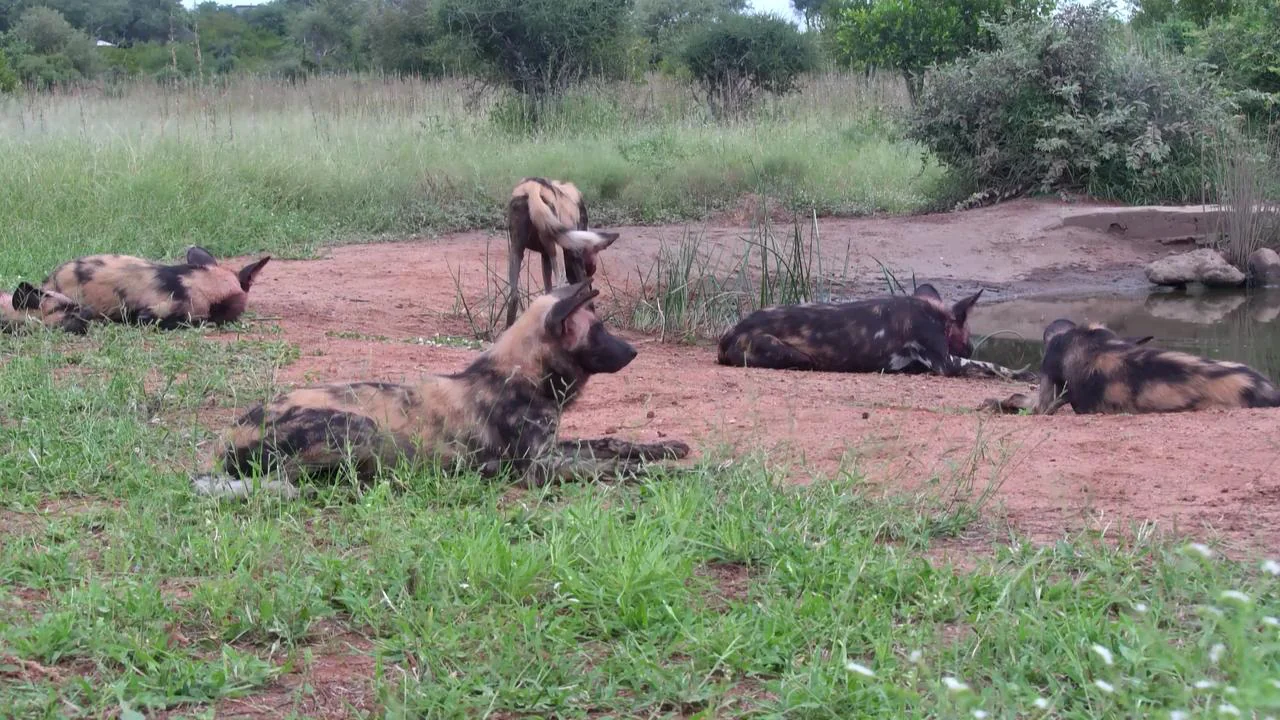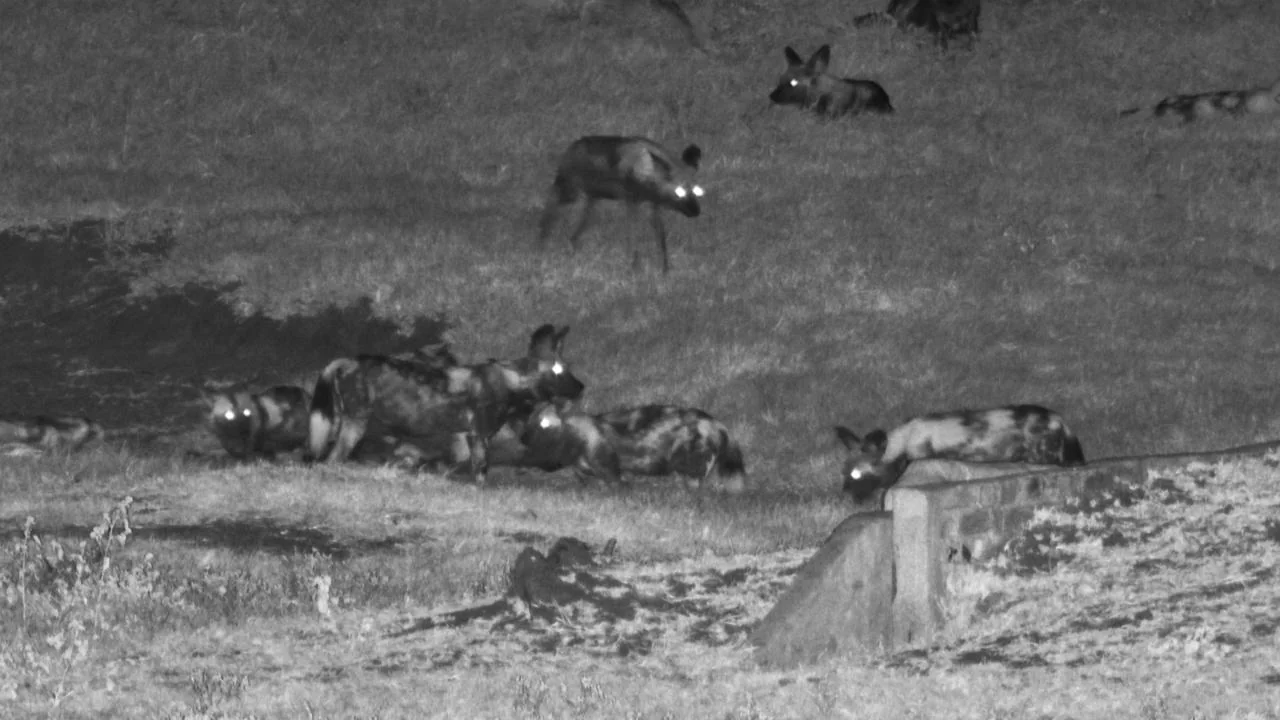Email: info@africam.com
World Wild Dog Day
August 26th, 2025
Posted in: Conservation
Honouring An Underrated Apex Predator
On August 26th, we celebrate World Wild Dog Day, a day dedicated to one of Africa’s most endangered and misunderstood apex predators – the African wild dog (Lycaon pictus). Also known as painted wolves due to their striking mottled coats, they are highly social and intelligent carnivores that once roamed across much of sub-Saharan Africa. However, today their numbers are in steep decline, with fewer than 7,000 individuals left in the wild.
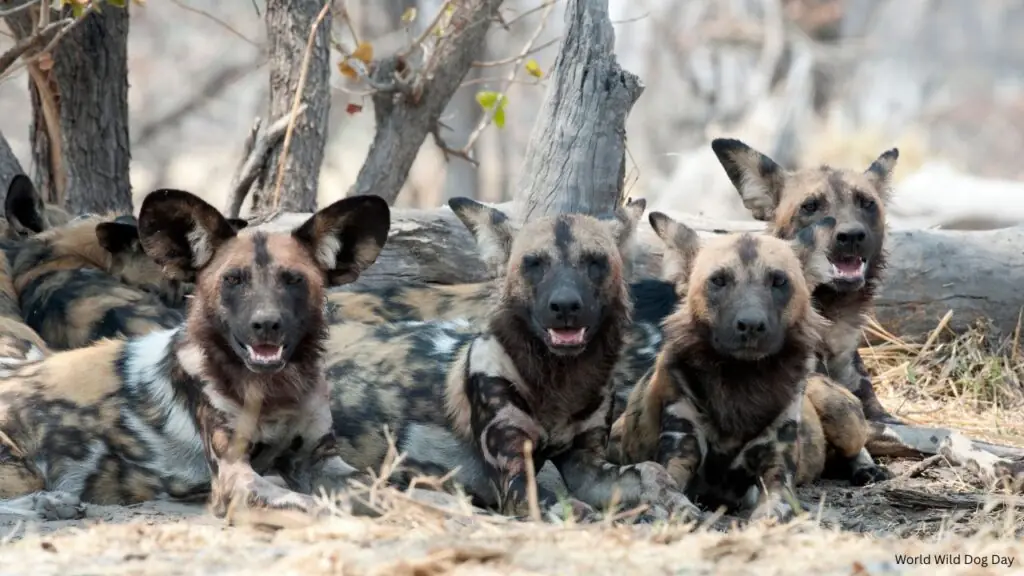
The Threats They Face
African wild dogs are listed as endangered on the IUCN Red List, and this is due to a range of challenges, most of which are linked to human activity. Habitat loss and fragmentation caused by expanding agriculture, settlements, and roads reduce the large, open spaces they need to roam, hunt, and thrive. Conflict with people is also a major issue, as wild dogs are sometimes persecuted by farmers who mistakenly believe they pose a significant threat to livestock. However, they rarely target domestic animals. In addition, diseases such as rabies and canine distemper, often spread from domestic dogs, can devastate packs already struggling to survive. Wild dogs also face stiff competition from larger predators, including lions and hyenas, which can kill both adults and pups while also outcompeting them for food.
Why They’re Vital to the Ecosystem
African wild dogs play a crucial role in maintaining healthy ecosystems. They are among Africa’s most efficient hunters, with success rates of up to 80%, which is far higher than many other predators. Their hunting often focuses on sick, weak, or older members of prey species, helping to regulate herbivore populations, thus keeping herds strong and resilient. This natural population control prevents overgrazing, which in turn maintains the health of grasslands and supports biodiversity across the landscape. By shaping the dynamics of prey populations, wild dogs indirectly benefit countless other species and ensure the long-term stability of their ecosystems.
The Importance of Conservation
The conservation of African wild dogs is essential not just for their survival, but for the well-being of Africa’s wilderness as a whole. Protecting large, connected habitats is vital to give packs the freedom to move and hunt across vast territories. Reducing the threat of disease through domestic dog vaccinations is another important step in safeguarding populations. Equally crucial is the involvement of local communities, who play a key role in coexisting peacefully with these predators and reducing human-wildlife conflict. Finally, ongoing monitoring and research provide critical data that informs conservation strategies and helps us understand how best to protect this endangered species.
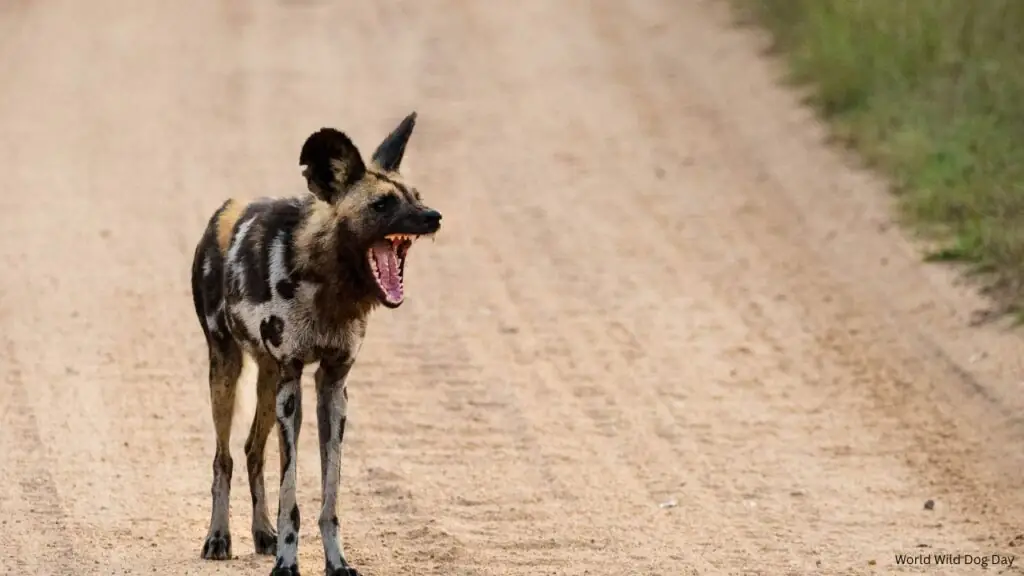
How You Can Help
This World Wild Dog Day, you can play a role in their survival:
- Support organizations, such as the Endangered Wildlife Trust (EWT), that are working on wild dog conservation.
- Spread awareness of their plight and importance.
- Advocate for the protection of wilderness areas and corridors that allow them to move freely.
As Seen on Africam
Wild dogs can be seen on several of our Africams, which allows a worldwide audience to observe wild dogs in their natural habitat without disturbance. This ultimately inspires appreciation while also providing valuable insights for researchers. By tuning in to the Africams, you can help raise awareness and contribute to wild dog conservation.
African wild dogs may be endangered, but with dedicated conservation and global awareness, there is hope for their survival. Let’s celebrate these remarkable predators and renew our commitment to ensuring they remain a vital part of Africa’s wild landscapes for generations to come.

